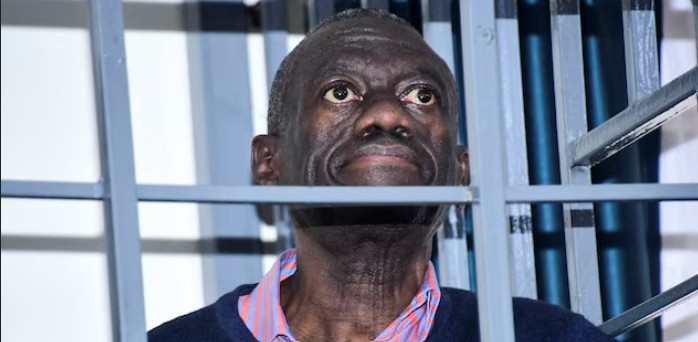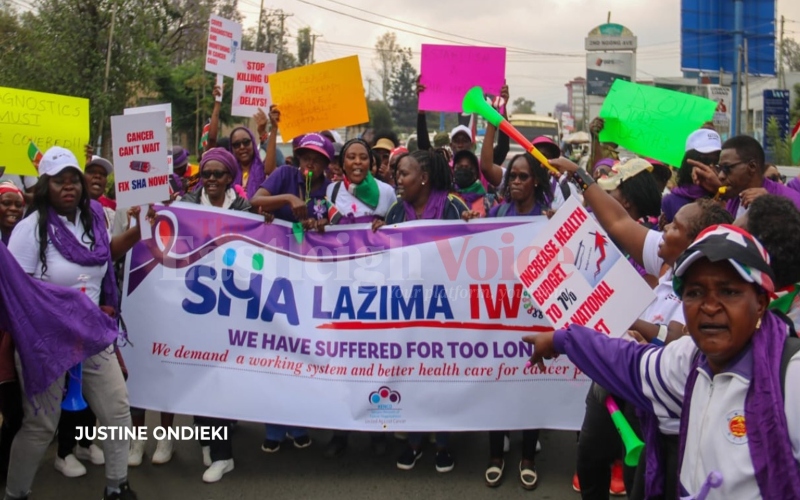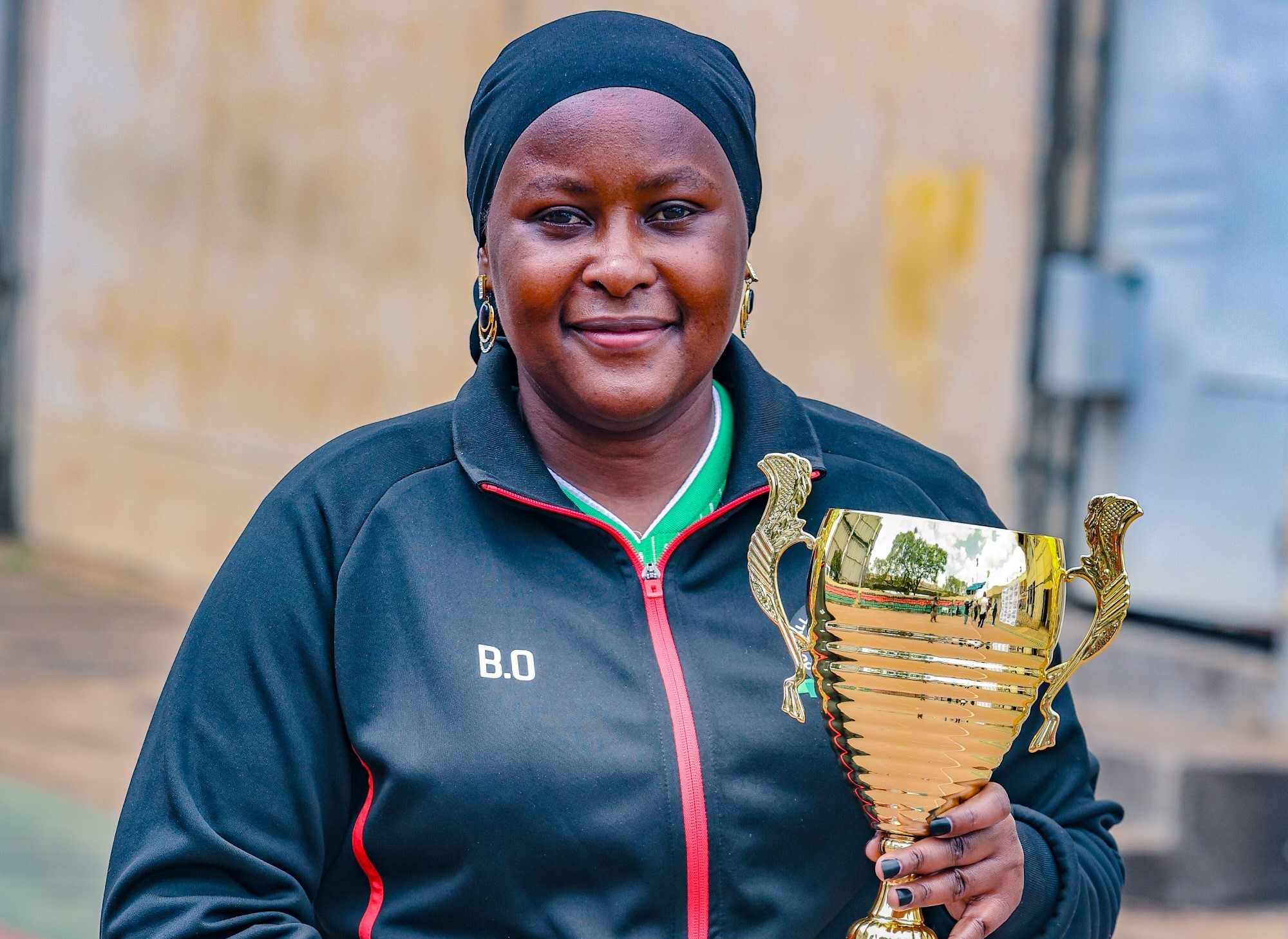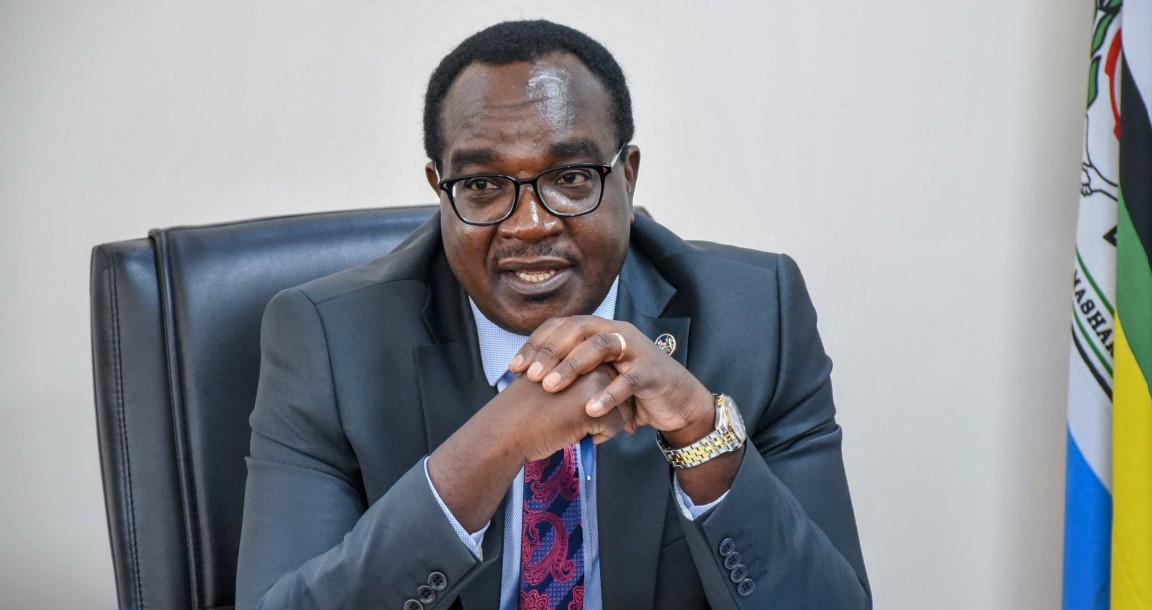Lilian Tomitom and tales of clueless, fumbling Kenyan envoy nominees
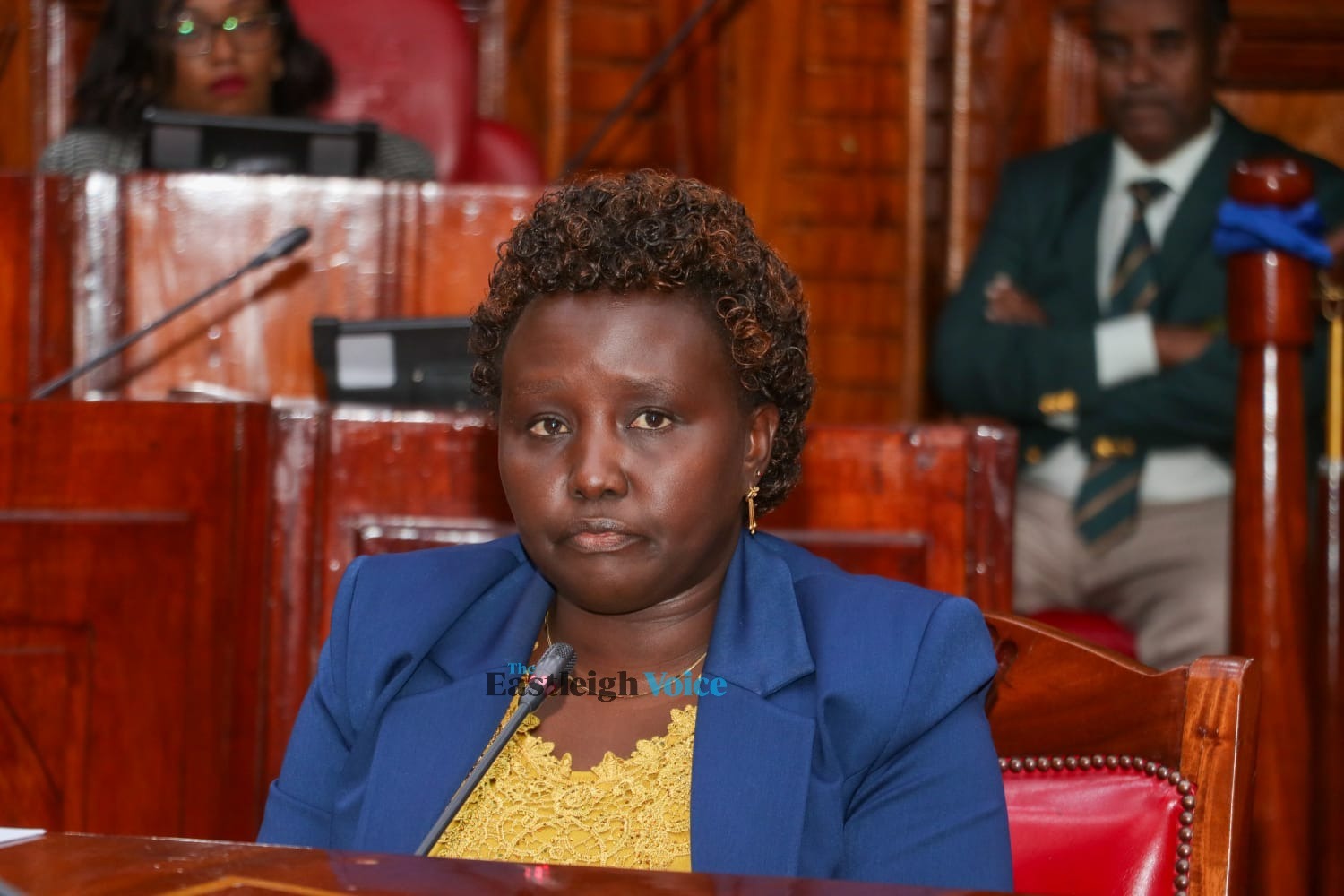
The nominee for Kenya’s consul-general in Goma
The nominee for the position of Kenyan High Commissioner to Zambia should be capable of articulating Kenya's strategic interests in that country.
However, Lilian Tomitom, who was West Pokot's woman representative from 2017 to 2022, struggled to answer that question during her recent confirmation hearing.
More To Read
- Ruto's 25 out of 27 diplomatic nominees get MPs' approval
- Ruto's Goma nominee rejected, MPs to debate report Wednesday
- Ruto's envoy nominee to Ghana turns down offer
- EAC boss Peter Mathuki vetted for Moscow job
- Integrity issues haunt Kenyan envoy nominee to Washington, DC
- Ruto’s Rabat envoy nominee Jessica Gakinya impresses vetting committee
Tomitom was one of 10 women envoys and six deputies whom President William Ruto nominated in March to represent Kenya and protect its interests abroad.
Asked about her knowledge of Kenya and Zambia, and their relations, she said: “I know Zambia is a former British colony just like Kenya and shares a similar ugali name with Kenya … sima in Kenya … nsima in Zambia,” she said.
On furthering agricultural ties, she said: “I am not very knowledgeable but promise to do further research.”
During the vetting, it also appeared that Tomitom did not know that the Kenyan mission in Zambia is also accredited to Malawi.
One legislator who participated in the exercise remarked: "She simply didn't have a clue. She didn't do any homework to learn the basics about Zambia and didn't have anything intelligent to say about the country or how she could improve relations."
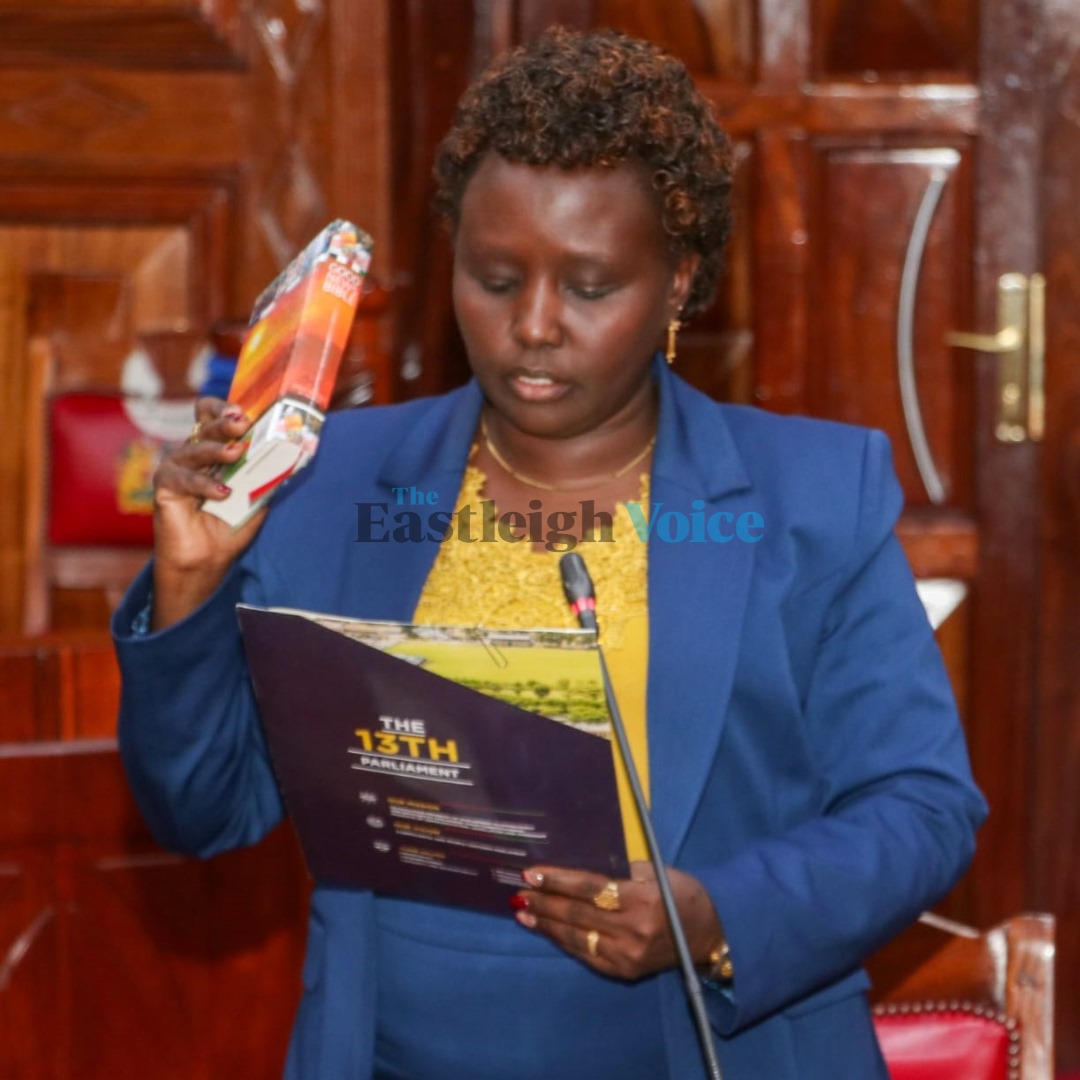 Lilian Tomitom, nominee for Kenyan High Commissioner to Lusaka, Zambia, during the Defence, Intelligence and Foreign Relations Committee vetting at Parliament's mini-chambers on April 4, 2024. (Photo: Justine Ondieki/EV)
Lilian Tomitom, nominee for Kenyan High Commissioner to Lusaka, Zambia, during the Defence, Intelligence and Foreign Relations Committee vetting at Parliament's mini-chambers on April 4, 2024. (Photo: Justine Ondieki/EV)
Tomitom's stumbling and fumbling led to questions regarding whether the president's selection of candidates for plum overseas assignments is based on merit.
The poor show by some candidates is appalling because before they go for vetting, they usually attend a brief organised by the Foreign Ministry and the Foreign Service Academy during which they are informed more about the country they are supposed to be posted.
The current group of nominees participated in the tradition on April 3 and was briefed on Kenya's grand strategy from a Middle Eastern perspective, the new approach the government is taking to running its foreign affairs.
Former Kisii Deputy Governor Joash Maangi, who was vetted before Tomitom on Monday, seemed to have a good grasp of his potential role as Kenyan High Commissioner to Uganda.
Maangi, who has unresolved integrity issues, even referenced the African Department at the Foreign Office, where he received briefings on Kenyan-Ugandan relations, including the disputed Migingo island.
Reprimanded
During his vetting session on Tuesday, Kenneth Milimo Nganga, a former Bungoma South teachers union official and nominee for ambassador to Abu Dhabi, United Arab Emirates, was reprimanded by committee chair Nelson Koech for his lack of knowledge. Nganga mistakenly referred to Dubai as the capital of the United Arab Emirates.
The matter of familiarity with the country of assignment also arose during the vetting. Although there is no specific requirement, whether career or political, for ambassadorial nominees to have visited the countries in question, it augers well when a nominee is conversant with the host country, including its culture – and perhaps the political environment.
But that didn’t seem to be a major consideration during this week’s vetting. For example, none of Kenya's 27 vetted nominees speak the official languages of the countries they are being posted to.
Those heading to Francophone capitals, such as former Bomet senator Christopher Langat, Kenya’s inaugural ambassador-designate to Abidjan, Ivory Coast, said he intends to rely on locals and embassy officials for communication.
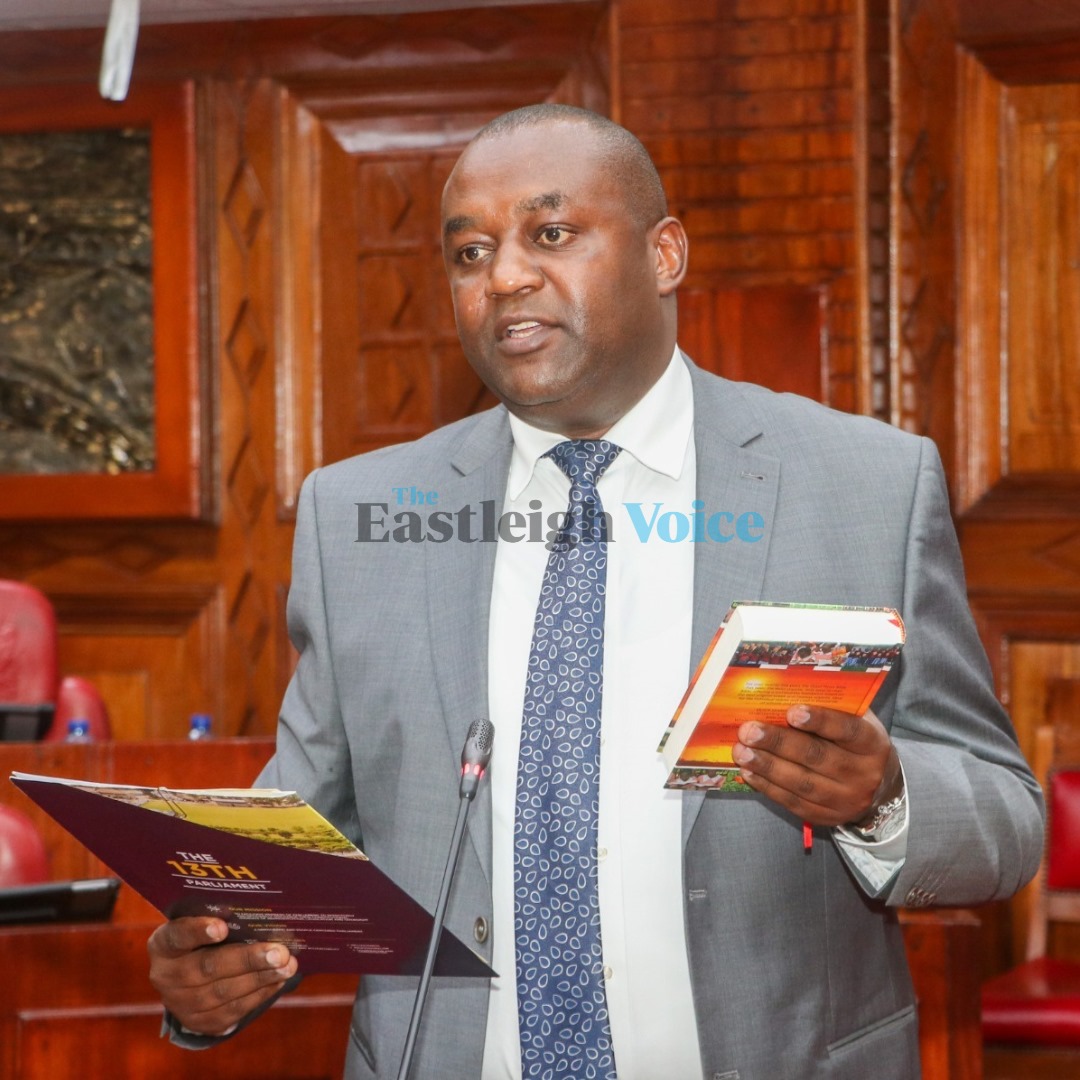 Charles Githinji Keiru, the nominee for Kenya’s consul-general in Goma before the Defence, Intelligence and Foreign Relations Committee vetting at Parliament's mini-chambers on April 4, 2024. (Photo: Justine Ondieki/EV)
Charles Githinji Keiru, the nominee for Kenya’s consul-general in Goma before the Defence, Intelligence and Foreign Relations Committee vetting at Parliament's mini-chambers on April 4, 2024. (Photo: Justine Ondieki/EV)
But for Western capitals, language appears to an important when picking their top diplomats. On Tuesday evening, for instance, the American Charge d'Affaires in Mogadishu, Shane L. Dixon, conveyed Eid Mubarak's wishes in Somali, in a video shared by the American Embassy, Mogadishu, on its X page.
During a presidential event in Kirinyaga County in November 2017, former Japanese ambassador to Kenya Toshitsugu Uesawa, a career diplomat, delivered a message fluently in Kiswahili. Kenyans were surprised by the ambassador's proficiency in the language.
However, what many didn't realise was that Uesawa learned Kiswahili over 40 years ago at the University of Dar es Salaam, Tanzania.
It was a requirement for Japanese diplomats to not only understand but also speak the language of the countries they were posted to.
Academic qualifications
The small matter of academic qualifications also came up during this week’s vetting, although a degree or diploma is not mandatory for an ambassadorial role. Charles Githinji Keiru, the nominee for Kenya’s consul-general in Goma, the mineral-rich capital of North Kivu in the Eastern Democratic Republic of Congo (DRC), who faced the vetting team on Thursday, only presented his Form 4 certificate and a leaving certificate to the parliamentary committee.
During questioning, Keiru mistakenly claimed that Malawi shares a border with the DRC.
Asked about the gross domestic product (GDP) of the DRC, Keiru stumbled, defining it as the population of the country.
“… the current population under… the escalation of the population…,” he said.
Committee chair Nelson Koech expressed disappointment in Keriu, saying he did not approach the role seriously and neglected basic research.
“It is very disappointing that given an opportunity to come before this committee, you did absolutely nothing, from filling out the documentation to responding to questions from honourable members, and it is becoming extremely devastating to interview you,” Koech said.
When asked where he would present credentials, Keiru responded said: “As far as the credentials are concerned, there is an ambassador sitting at Kinshasa and probably I will need to consult him to find out how I am going to present my credentials, either to the president or...”
Then came Fancy Too, the Kenyan nominee for the permanent representative role at the UN in Geneva. Dr Too, the “first Kalenjin lawyer with a PhD”, was unaware of the name of the individual to whom she would present her credentials.
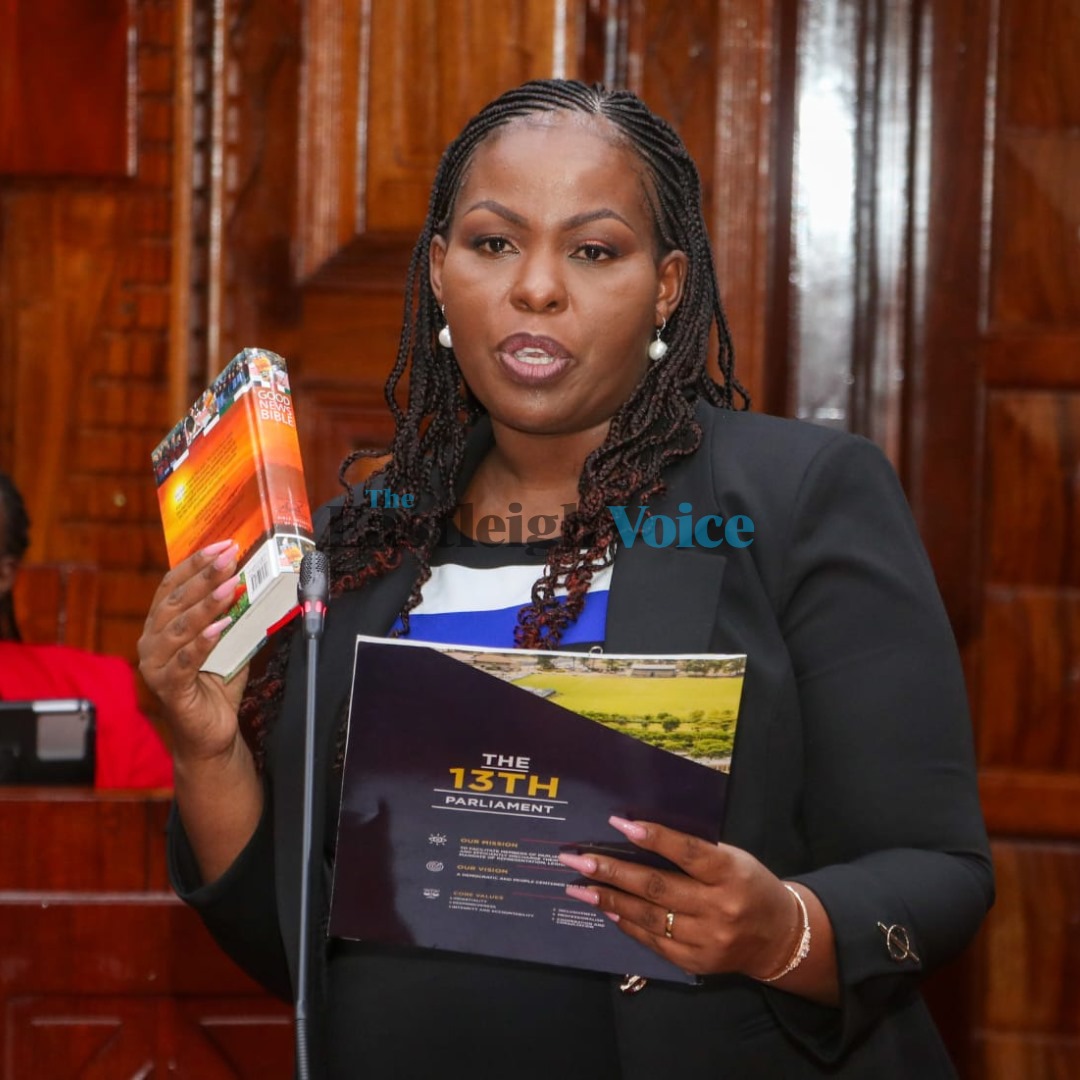 Fancy Too, the Kenyan nominee for the permanent representative role at the UN in Geneva before the Defence, Intelligence and Foreign Relations Committee vetting at Parliament's mini-chambers on April 4, 2024. (Photo: Justine Ondieki/EV)
Fancy Too, the Kenyan nominee for the permanent representative role at the UN in Geneva before the Defence, Intelligence and Foreign Relations Committee vetting at Parliament's mini-chambers on April 4, 2024. (Photo: Justine Ondieki/EV)
Despite, the stumbling by some nominees, the vetting committee sought to assure the public of adequate representation abroad, with the chair stressing that “all those ambassadorial nominees who have shown incompetence, for sure, will not go to their stations”.
Top Stories Today


